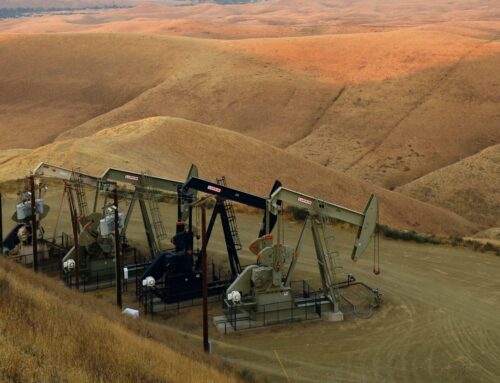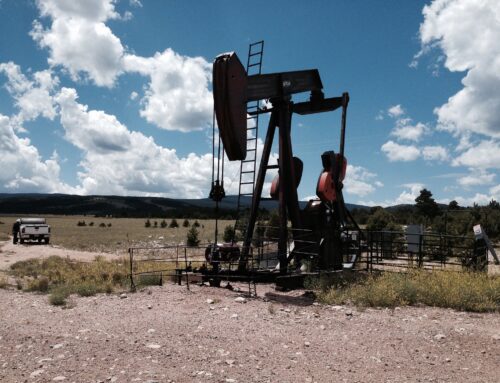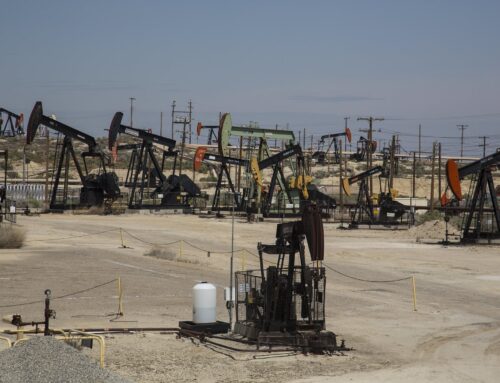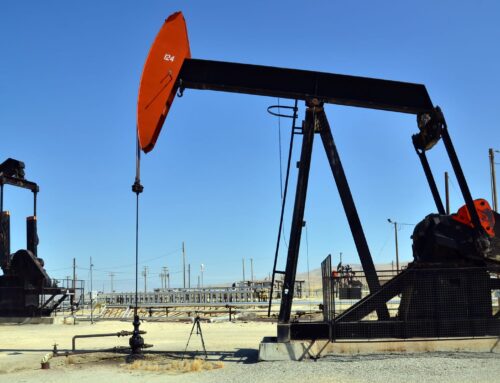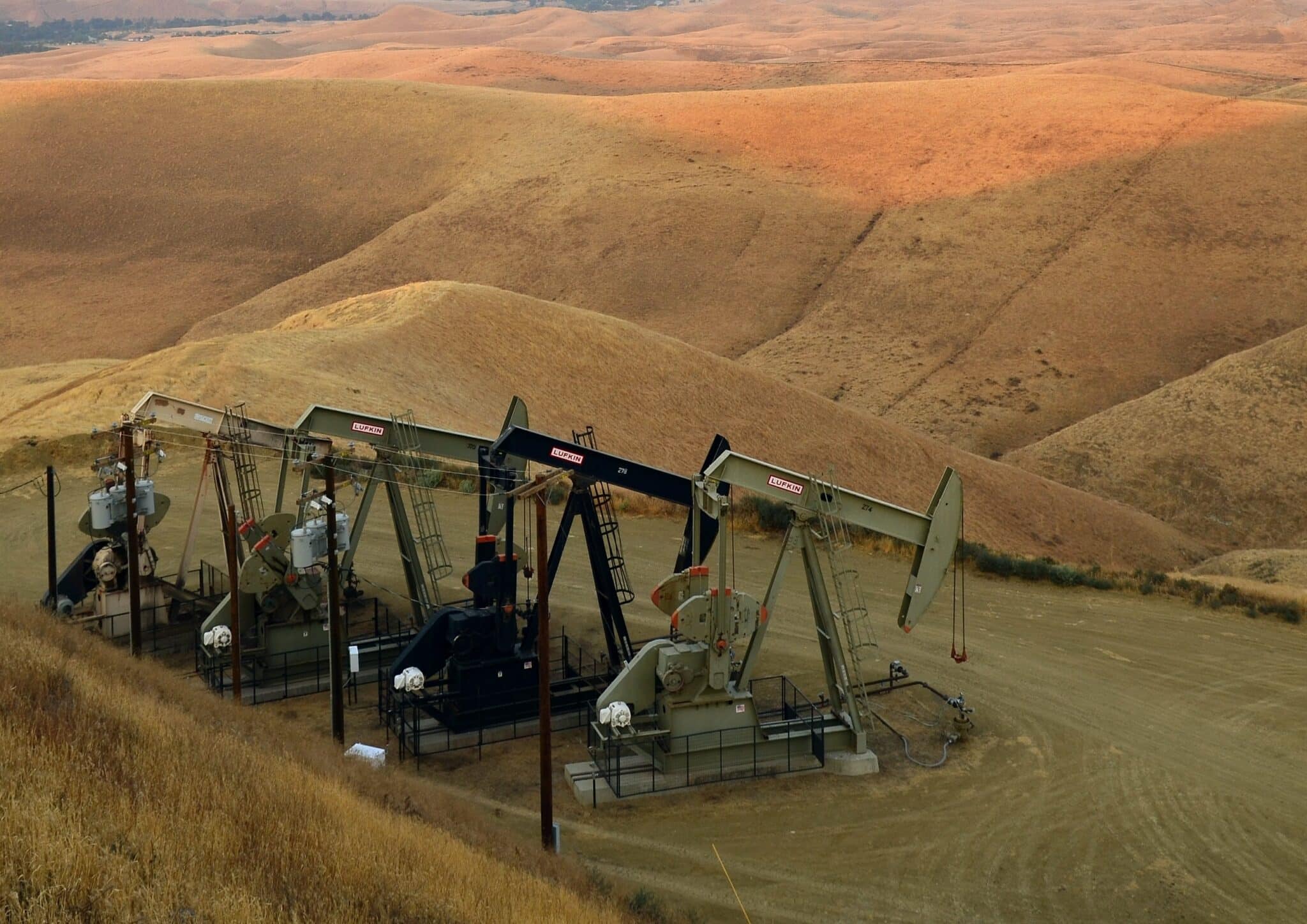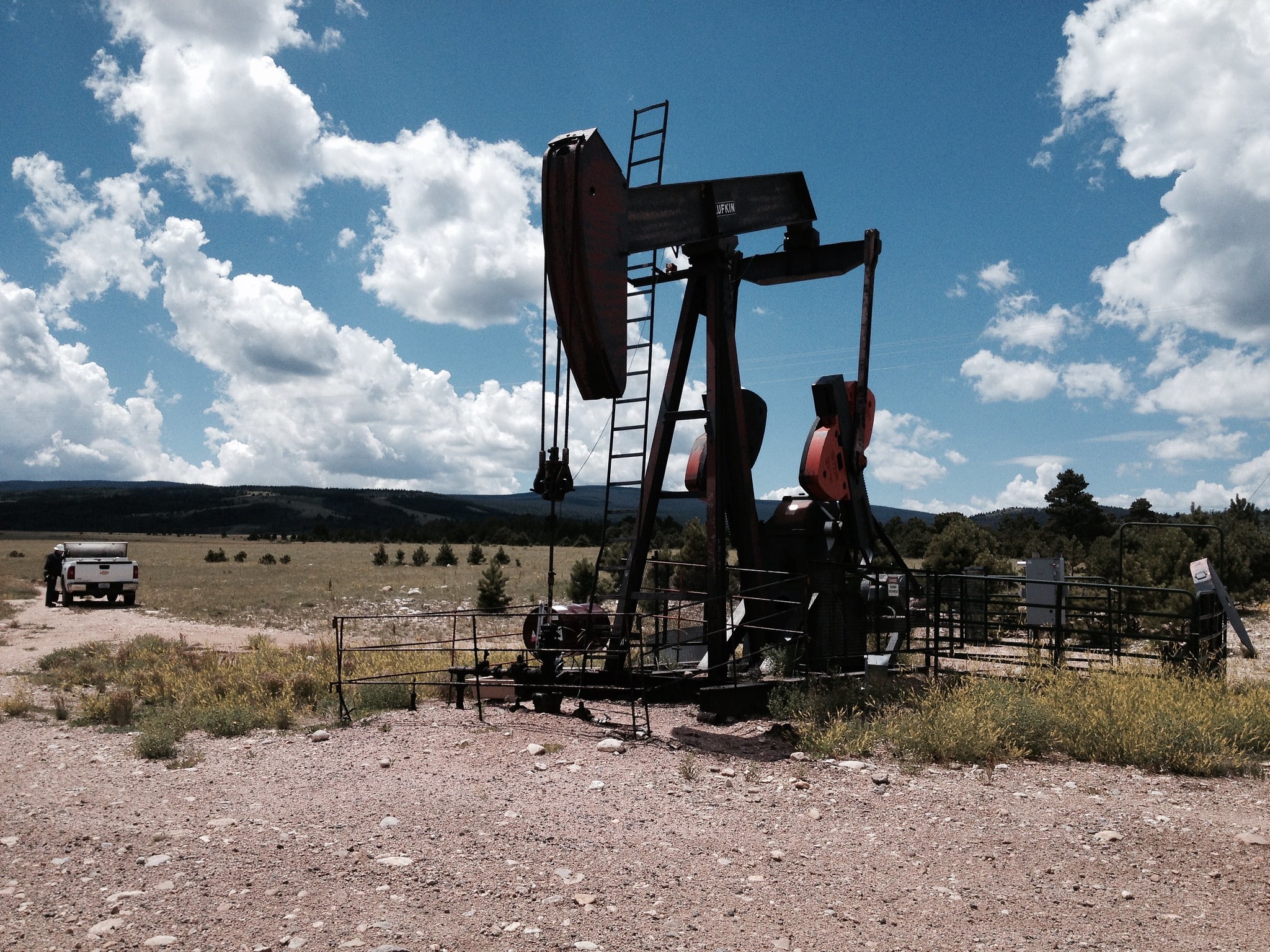Across the United States, opposition to carbon capture projects is intensifying, fueled by concerns about community impacts, infringement on private property rights, environmental justice issues and the squandering of taxpayer dollars. Compounding this problem, the Biden administration decided to transfer the approval authority for these controversial projects to Louisiana (with more fossil fuel-friendly states likely to follow suit).
Taxpayers and communities must not be forced to subsidize carbon capture, which merely allows the oil and gas industry to continue with business as usual.
Carbon capture, in theory, presents an intriguing option: capturing and storing carbon dioxide from fossil fuel and industrial facilities to prevent this greenhouse gas from contributing to climate change. In reality, carbon capture and storage projects have not reduced climate pollution. Instead, they extend the life of fossil fuels, waste billions of taxpayer dollars, and perpetuate pollution in overburdened communities.
After more than a decade of trying and billions of wasted taxpayer dollars, carbon capture has consistently failed to deliver climate benefits.
The fossil fuel industry champions carbon capture because it locks us into oil and gas for decades to come. Furthermore, the captured carbon is typically used to produce even more fossil fuels — under the guise of being part of the climate solution.
That’s why one of us is working to protect taxpayers from wasting billions on subsidies for a technology that has never been proven to reduce net carbon emissions. The other is working to protect communities from the harmful impacts and false promises of the oil and gas and carbon capture and storage industries. And we agree there are cheaper, more effective ways to reduce climate pollution.
At Taxpayers for Common Sense, our role is to monitor the billions in federal subsidies spent on carbon capture and storage technology and projects. The Government Accountability Office, Congress’ nonpartisan oversight agency, reported that 11 projects received a total of $1.1 billion from the Department of Energy, yet only three were completed.
An independent analysis found that several U.S. flagship projects failed or underperformed, mostly by large margins. On top of direct research and development support from DOE, facilities can also receive a lucrative tax credits for capturing and storing carbon. But an audit by the Treasury Department Inspector General found that from 2010 to 2019, close to 90% of tax credits claimed for capturing and storing carbon did not comply with EPA reporting requirements.
Despite this record of failure and fraud, Congress provided $12.1 billion for new research and demonstration programs over the next five years in the Infrastructure Investment and Jobs Act. And the Inflation Reduction Act significantly expanded and extended the 45Q tax credit for carbon capture projects, which is projected to cost taxpayers $4.8 billion over the next five years.
Ultimately, the federal government is spending billions of taxpayer dollars on projects that don’t work and have no meaningful verification of carbon emissions reductions.
Moreover, by approving and subsidizing carbon capture projects, the federal government is sacrificing the communities adversely affected by these polluting industries — the very communities already confronting the worst impacts of racism, economic exploitation and climate change impacts.
In Louisiana, where For a Better Bayou is based, the fossil fuel industry is trumpeting carbon capture, because, as one CEO likes to brag, carbon capture will “preserve” the industry. Roughly 30 carbon capture projects have been proposed in Louisiana in communities that have borne the burden of fossil fuel and petrochemical industries for decades.
Residents around Lake Maurepas, for example, are fighting a proposed carbon capture storage project. The Lake Pontchartrain Basin is one of the nation’s largest estuaries and home to one of the largest contiguous forests in our country. To date, the carbon capture project has detonated 17,000 explosive charges in Lake Maurepas.
The federal government cannot continue wasting billions of dollars subsidizing technologies that have failed for more than decade, only to see these industries continue burning fossil fuels and harming communities. Instead of wasting money on carbon capture, we should be investing in proven and affordable solutions like solar and wind energy, energy efficiency and storage, and electric transportation.
To genuinely advance climate solutions, we must avoid being sidetracked by ineffective, expensive technologies that empower polluting industries. American taxpayers and communities deserve just and effective solutions to combat climate change, and carbon capture has proven to be neither.
Autumn Hanna is vice president for Taxpayers for Common Sense and oversees programs and serves as spokesperson and legislative strategist. James Hiatt is the founder of For a Better Bayou and a climate resilience specialist based in Lake Charles.

